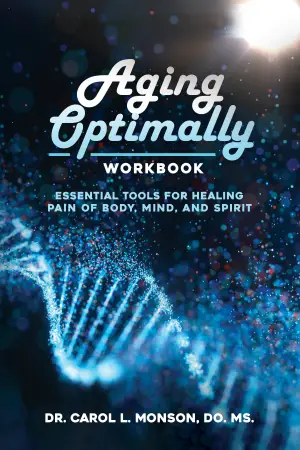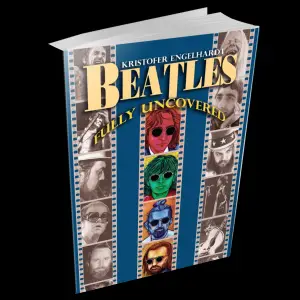Book Review: The Lord of Opium by Nancy Farmer
As I delved into The Lord of Opium, I was immediately reimmersed in the hauntingly vivid world created by Nancy Farmer in The House of the Scorpion. From the moment I closed the first book, I felt a pull to rejoin Matteo Alacrán’s tumultuous journey, a character whose complex existence as a clone has always resonated with me. This sequel not only fulfills the promise of continuation but also deepens the exploration of identity and morality in a dystopian landscape.
Set in the land of Opium—previously ruled by the fearsome El Patrón—Matt, now a young drug lord himself, grapples with the heavy mantle of leadership and the legacies of his past. I appreciated how Farmer deftly illustrates that power, even in the hands of someone with Matt’s experiences, is fraught with moral ambiguity. The world is marred by pollution and despair, except for the pocket of paradise that is Opium, which offers a stark contrast to the grim realities outside its borders. This dichotomy invites deep reflection on the ramifications of power and the responsibility that comes with it.
What truly captivated me was Matt’s internal struggle. He is faced with the haunting question of how to break free from the cycle of violence that has plagued his predecessors. His earnestness to liberate the eejits—individuals reduced to servitude through microchip control—truly moved me. “Can one person change the world?” echoes throughout the narrative, prompting readers to ponder the potential of individual actions in the face of systemic corruption.
Farmer’s writing style shines with clarity and emotive depth. The pacing allowed for moments of tension to ebb and flow, giving room for rich character development. I found myself rooting for Matt and his friends as they navigated treachery and resilience; moments of levity punctuated the grimness, showcasing Farmer’s skill in balancing the darker themes with humanity and warmth.
And let’s not forget the unforgettable characters—the mix of allies and foes brought vivid dynamics to Matt’s journey. Senior characters like Celia and María reappear, their relationships evolving in profound ways that deepen the emotional stakes. Positive reviews noted that the character development was well-executed, making it easy for readers, particularly younger ones, to grasp the complex moral quandaries that arise.
While some critics have pointed out that The Lord of Opium may lack the suspenseful drive of its predecessor, I found it compelling in its introspective moments. At its core, this book challenges us to confront the legacies we inherit and the choices we must make—something that resonates deeply in today’s world.
In conclusion, I believe that The Lord of Opium is a must-read for fans of the first novel, but it’s also a rich entry point for those new to Farmer’s work. Readers who enjoy immersive storytelling with layers of moral complexity will find themselves spellbound. Personally, this book not only reignited my passion for reading but left me pondering the intricacies of power and ethics long after I turned the last page. If you haven’t picked it up yet, trust me—you won’t want to miss the chance to join Matt on this incredible journey.
You can find The Lord of Opium (The House of the Scorpion) here >>






